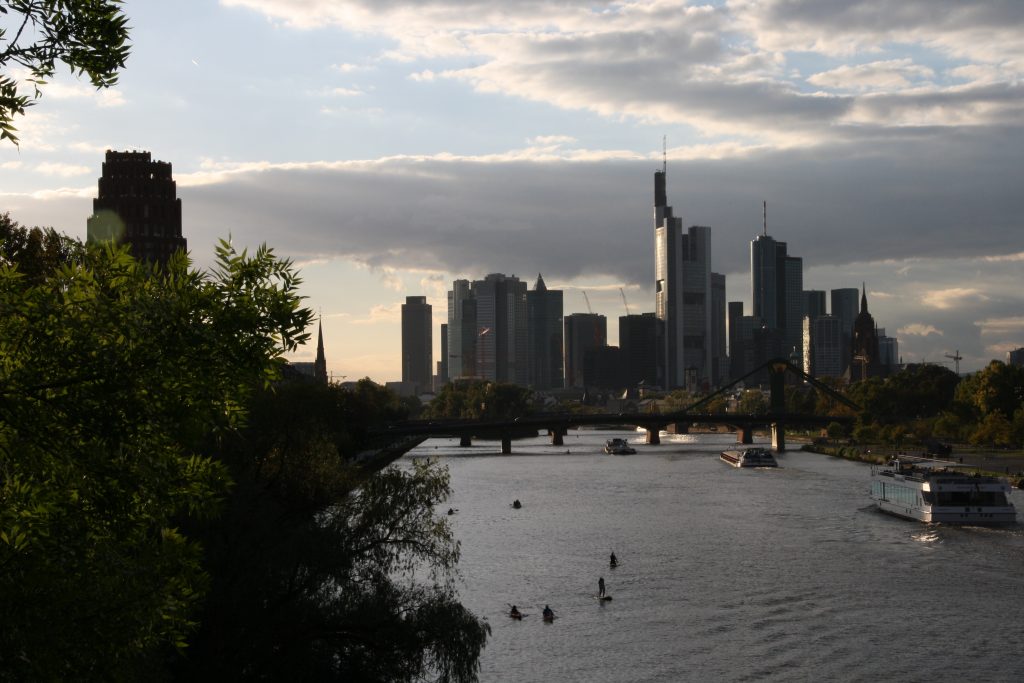In brief
A request for a preliminary ruling has been made in proceedings between a corporation and a German tax office concerning a refusal to deduct input VAT paid for carrying out works for the extension of a road belonging to a municipality. The ECJ ruled that the free of charge road development should not constitute a transaction that must be treated as a supply of goods made for consideration.
A request for a preliminary ruling has been made in proceedings between a corporation and a German tax office concerning a refusal to deduct input VAT paid for carrying out works for the extension of a road belonging to a municipality. Following the regional council’s decision to approve the development and operation of a limestone quarry, the taxable person was authorized to operate the quarry subject to the development of access to it by way of a public road belonging to the municipality in which that quarry is located. In the context of the corporation’s VAT declarations, the input VAT deduction for the works for the extension of the municipal road was subsequently challenged by the tax authorities on the grounds that the free-of-charge work on the public road does not form part of the corporation’s taxable activities.
Firstly, the German Federal Tax Court asked whether a taxable person is generally entitled to deduct input VAT paid for work pertaining to the extension of a municipal road, which is ultimately carried out for the benefit of a municipality. On this, the ECJ referred to its previous judgements in Sveda (C-126/14, EU:C:2015:712) and Iberdrola Inmobiliaria Real Estate Investments (C-132/16, EU:C:2017:683). Therein the court had found that input VAT incurred to provide supplies free of charge may still have a direct and immediate link to a taxable activity if the free-of-charge supplies are suitable to enable a taxable activity and if the costs incurred for the free-of-charge supplies are included in the price calculation for the taxable turnover. Based on these principles, the ECJ further clarified that the direct and immediate link could be accepted as long as works for the extension of that road were limited to what was necessary for the purposes of the taxable activity (to enable heavy machines to approach the quarry) and that the right to deduct should be recognized for all the costs resulting from those works. In contrast, if those works exceeded what was necessary to ensure the operation of that quarry, the existence of a direct and immediate link between those works and the economic activity of the applicant in the main proceedings would be partially broken. In the latter case, the right to deduct would be limited to the input VAT levied on that portion of the costs that was incurred for the works that were objectively necessary to allow the applicant to carry out its economic activity.
The German Federal Tax Court further asked whether the authorization to operate a quarry granted unilaterally by an authority may constitute a consideration. If the authorization could be regarded as a consideration, then the supplies would constitute a barter transaction giving right to deduct input VAT but also entailing the obligation to pay the VAT relating to the works for the extension of that municipal road. There was indeed a legal relationship between the municipality and the taxable person. However, the ECJ found that such an agreement could not constitute an exchange of reciprocal services in the meaning of the European VAT law. As a consequence, no direct link could be established between the provision of the works for the extension of the public road and the authorization to operate the limestone quarry. This means the development of the road is regarded as a free-of-charge supply, which, in principle, does not exclude the right to deduct input VAT.
Considering that input VAT may be generally permissible subject to the above conditions, the federal tax court further asked whether the free-of-charge development of a public road could be taxed as a deemed supply. Under European VAT law, a supply of goods free of charge can be taxable under certain conditions. This provision intends to ensure equal treatment between a final consumer and a taxable person who applies goods for their own private use (or for that of their staff) where the input VAT on those goods was deductible. Since the public road was developed for the municipality free of charge, certain conditions for the taxation of a free-of-charge supply were fulfilled. However, the court elaborated that the works for the extension of that road were carried out to meet the needs of the taxable person and the result of those works was used primarily for the applicant’s purposes (supporting the heavy goods traffic generated by the operation of the limestone quarry). Even though the municipal road in question is open to public traffic, the actual end use of that road should be taken into consideration. On these grounds, the ECJ finally ruled that the free-of-charge road development should not constitute a transaction that must be treated as a supply of goods made for consideration.



